U.S. President Donald Trump is pulling back from pressuring China over its support for Russia’s war effort, instead prioritizing other aspects of the U.S.-China relationship, U.S. and European officials familiar with internal discussions told Bloomberg.
These officials, speaking anonymously, said that the administration has lowered the issue of Russia's war against Ukraine on its list of foreign policy priorities and is focusing on bilateral issues with Beijing, though they noted Trump could still shift course.
The change in approach marks a departure from the long-held stance of the U.S. and its G7 partners, who have consistently called out China as a key enabler of Russia’s war in Ukraine.
In March, G7 foreign ministers condemned Beijing’s support for Moscow and urged it to use its influence over Russian President Vladimir Putin to help end the war. However, Trump said that "nothing was discussed concerning Russia/Ukraine" during his recent call with Chinese President Xi Jinping.
Officials suggest this pivot reflects Trump’s desire to break with the foreign policy priorities of former President Joe Biden, who viewed relations with other governments largely through the lens of Russia’s invasion of Ukraine. Instead, Trump’s team is prioritizing issues like tariffs, technology restrictions, and rare earths. One official noted that Trump is reluctant to directly criticize China’s role in aiding Russia while he continues talks with Putin aimed at brokering a ceasefire.
At the same time, Trump ally Senator Lindsey Graham is pushing for new sanctions against Russia, including measures targeting Chinese and Indian purchases of discounted Russian oil. Graham’s bill has gained over 80 co-sponsors in the Senate, signaling strong bipartisan support. U.S. officials have also expressed frustration at European countries that continue buying Russian energy while criticizing Beijing’s exports to Moscow—exports that include dual-use components and sanctioned technologies used in weapons production.
Despite Trump’s current stance, the European Union has maintained public pressure on China, both through diplomatic channels and public statements. EU foreign policy chief Kaja Kallas recently accused Beijing of fueling Russia’s war through dual-use exports.
Moscow has continued to receive critical components from China, including drone parts, even as Beijing has restricted similar exports to Ukraine and the West. While the Biden administration and EU have sanctioned several Chinese firms involved in aiding Russia’s military production, Trump has yet to impose any new penalties.
‘Find and destroy’ – how Ukraine’s own Peaky Blinders mastered the art of bomber drones
Editor’s note: In accordance with the security protocols of the Ukrainian military, soldiers featured in this story are identified by first names and callsigns only. DONETSK OBLAST – From the moment the vehicles duck into pre-prepared positions in the leafy treeline to the first dead Russian soldiers, less than twenty


.png)
 German (DE)
German (DE)  English (US)
English (US)  Spanish (ES)
Spanish (ES)  French (FR)
French (FR)  Hindi (IN)
Hindi (IN)  Italian (IT)
Italian (IT)  Russian (RU)
Russian (RU)  15 hours ago
4
15 hours ago
4
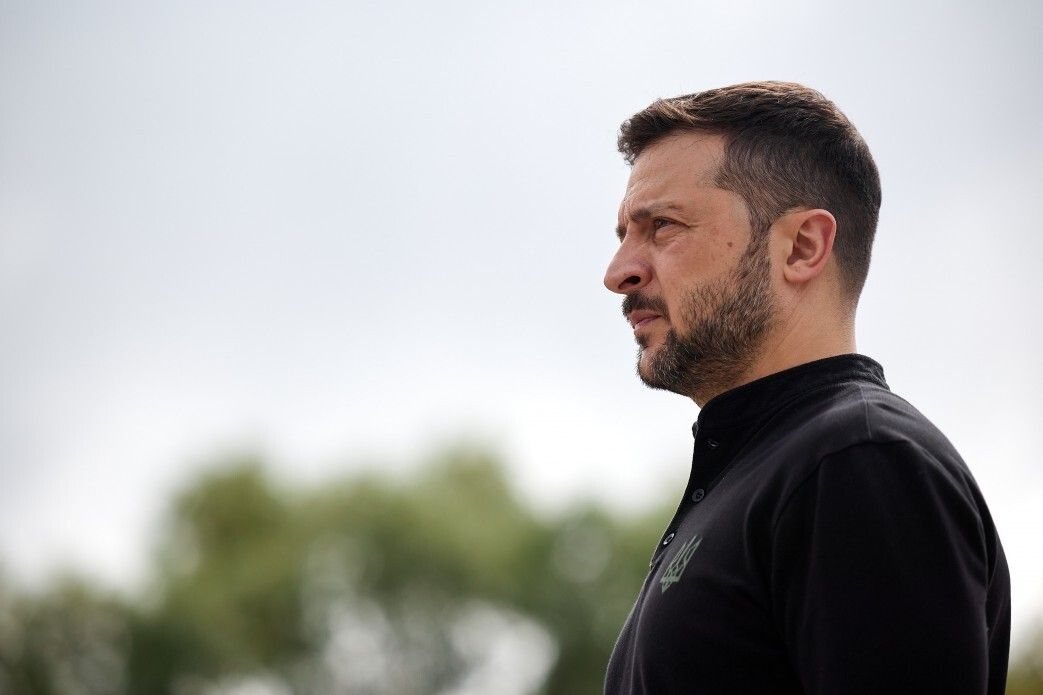

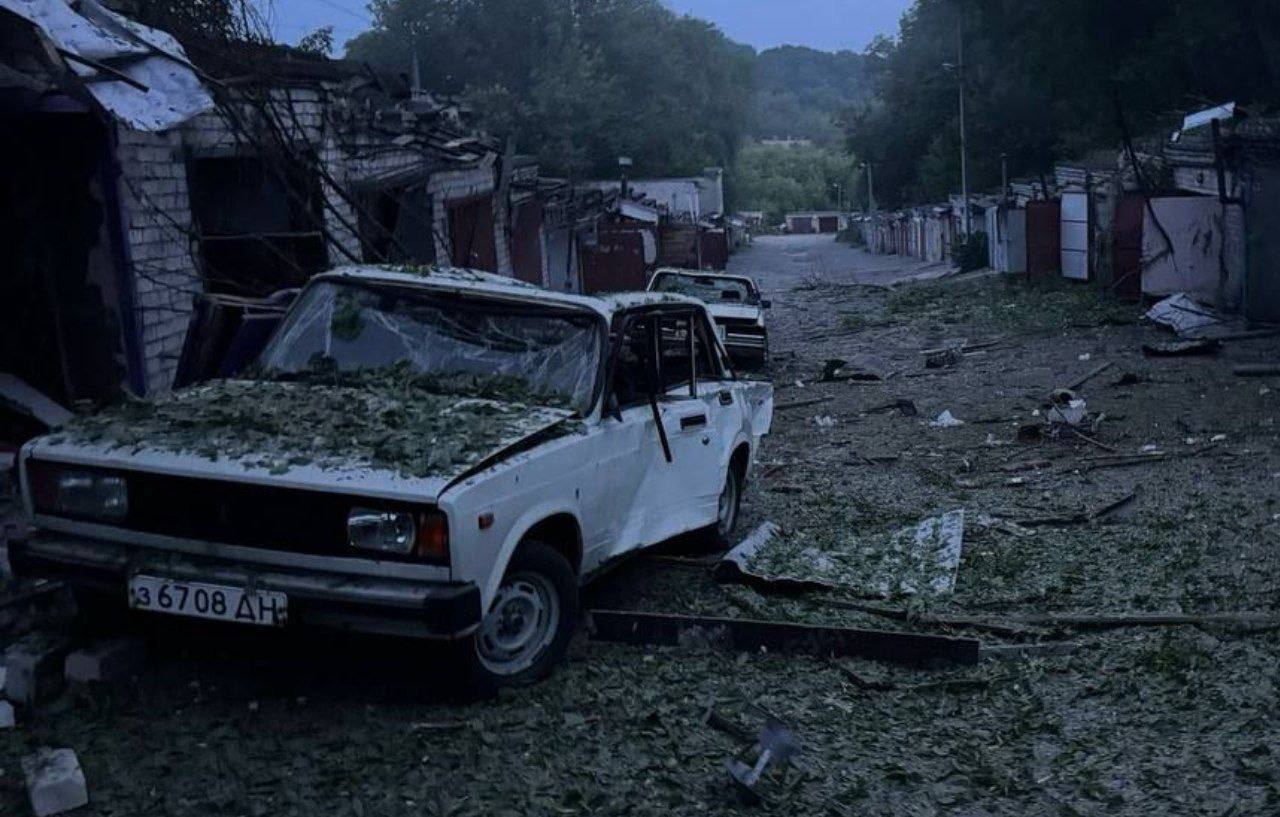
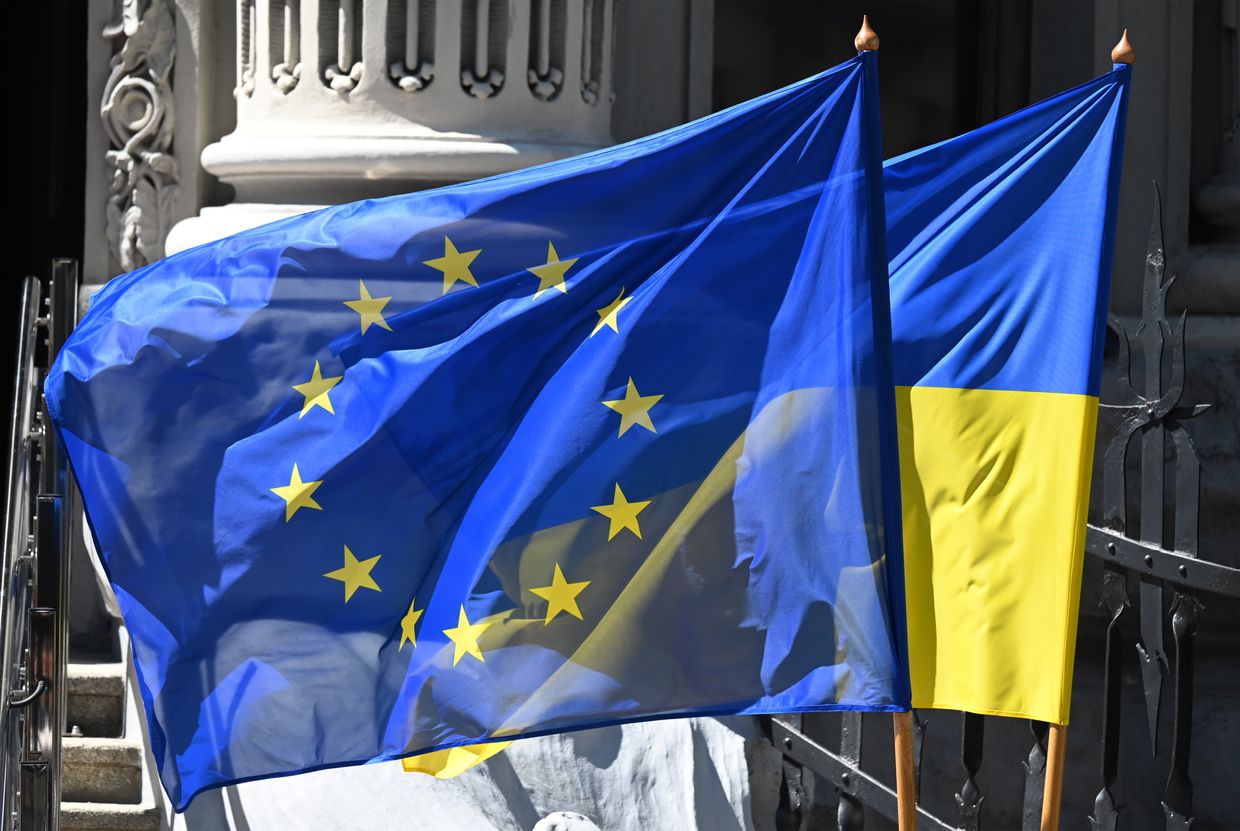
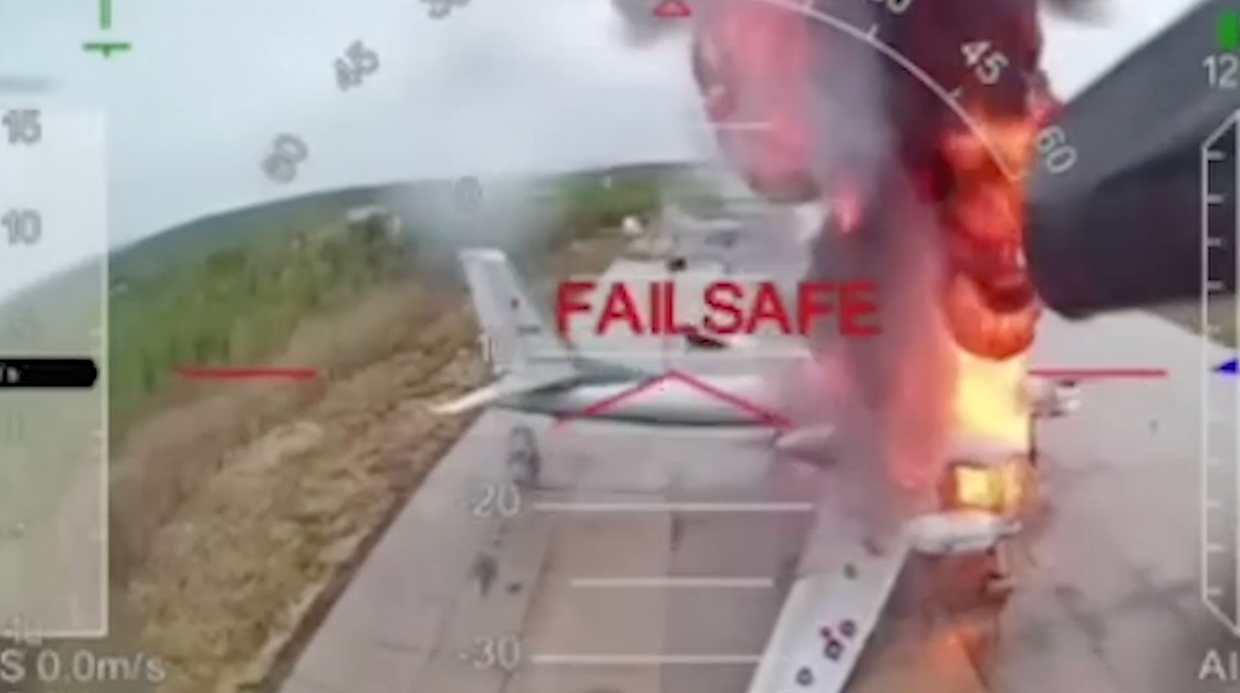

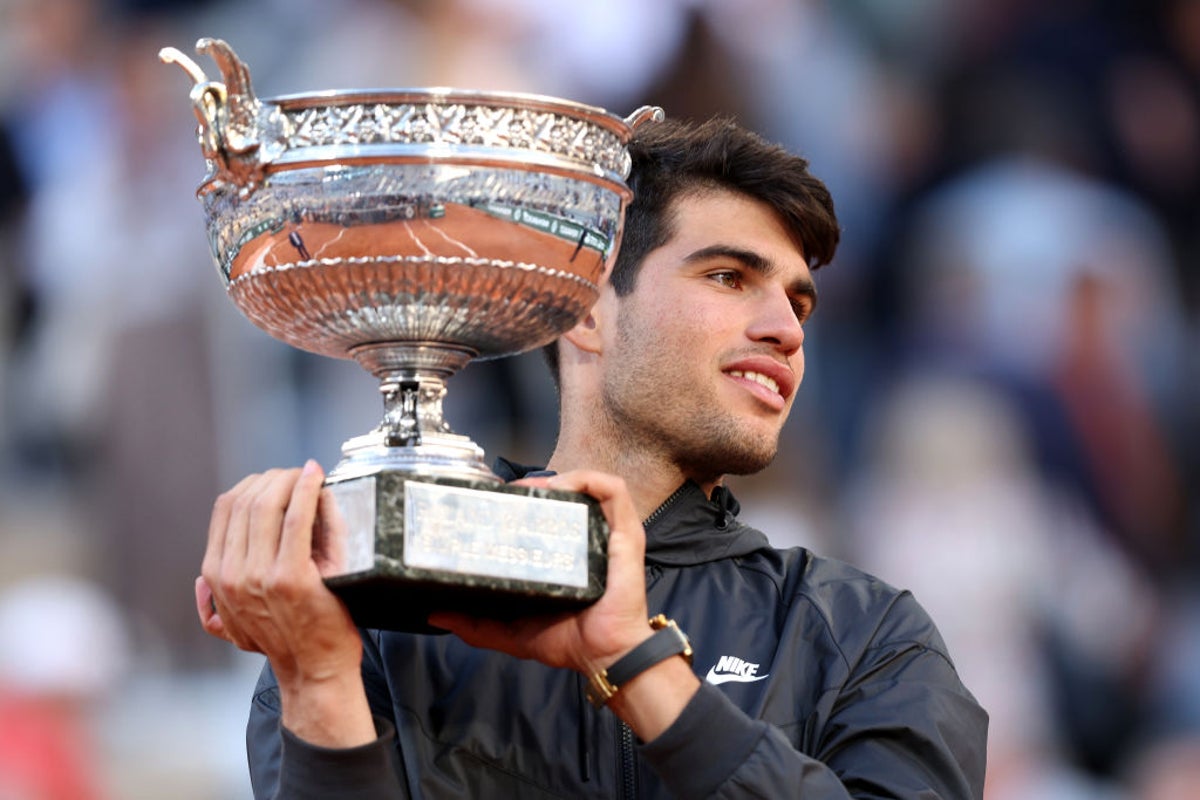
Comments